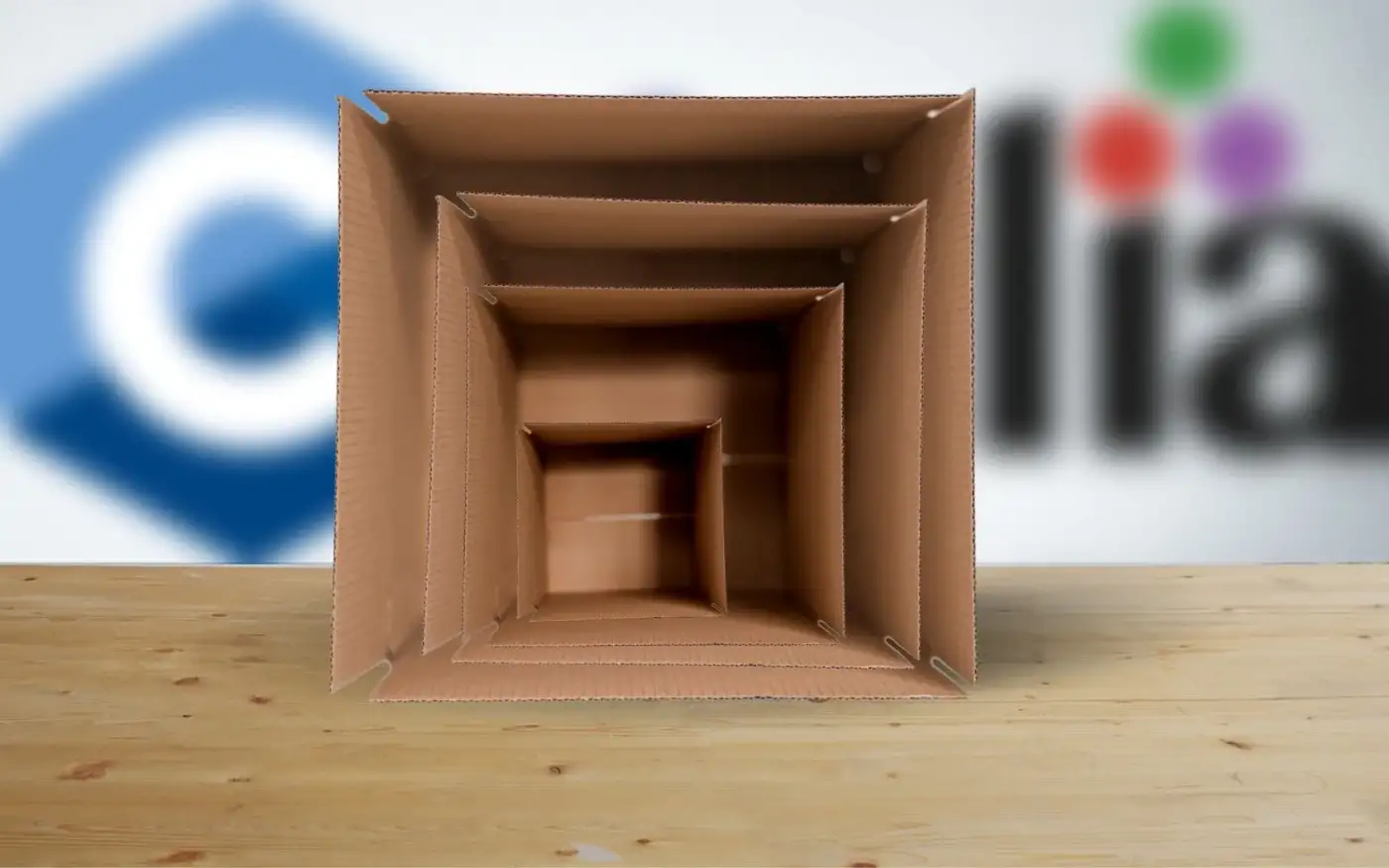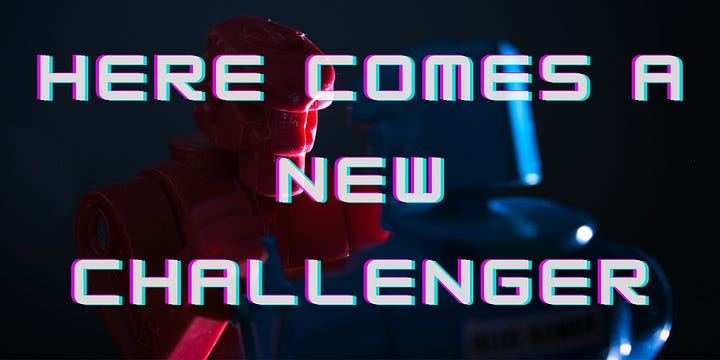Blogs
Personal Julia 2023 …
2023 was a very interest year for me, regarding the use and promotion of the Julia Programming Language. Here are the three main reasons why. First, I gave no less than 4 talks (not counting anything in-company). On 19/January at the JuliaLang Eindhoven Meetup. I talked about the difficulties of …
COPIERTemplate.jl: A new …
I help manage over 50 packages in the Julia Smooth Optimizers organization, and sometimes we have to make a small update to all of these packages. For instance, one of the workflows was updated, or something new is introduced, or the LTS version of Julia changes. In these situations, our usual …
Best Frenemies: Julia and …
Julia and Python are often seen as competitors, but in this video I want to show the integration between them. Using the PythonCall and the JuliaCall packages we can call Julia from Python and Python from Julia. Check the video out or check edited transcript below. Don’t forget to like and …
Julia Language Can't Even …
I have a new video up about how Julia cannot even handle simple math! Check the video out or check an edited written version below. Don’t forget to like and subscribe Introduction Julia is supposed to be a great programming language, but it can’t even do simple math correctly. Take a …
Demand of your art
On a previous video/blog post, I talked about production planning using an example of selling art on the beach. One simplification of that model was the assumption that everything that we build can be sold. You can check the pluto notebook html or download the notebook. I have an excert down here, …
Selling art on the beach
I just released a video about using mathematical modeling to solve a production planning with the thematic of selling your art on the beach. You can check the pluto notebook html here or download the notebook here. I have an excert down here, but for more details, check the video. In Brazil, a …
Solving an RPG puzzle …
I have a new video out where I talk about solving an RPG puzzle using Julia: You can check the pluto notebook html here or download the notebook here. Here’s a more fantastic setup than I used in the video: You walk into a large room with a 3 pointed star painted on the floor. Three triangular …
10 examples of embedding …
I worked on this blog post working for the Netherlands eScience Center. Check the blog post here.
Can Python with Julia be …
I worked on this blog post working for eScience Center. This is the third and last part of a three-part series. Co-authored by Faruk Diblen. Check the blog post here.








